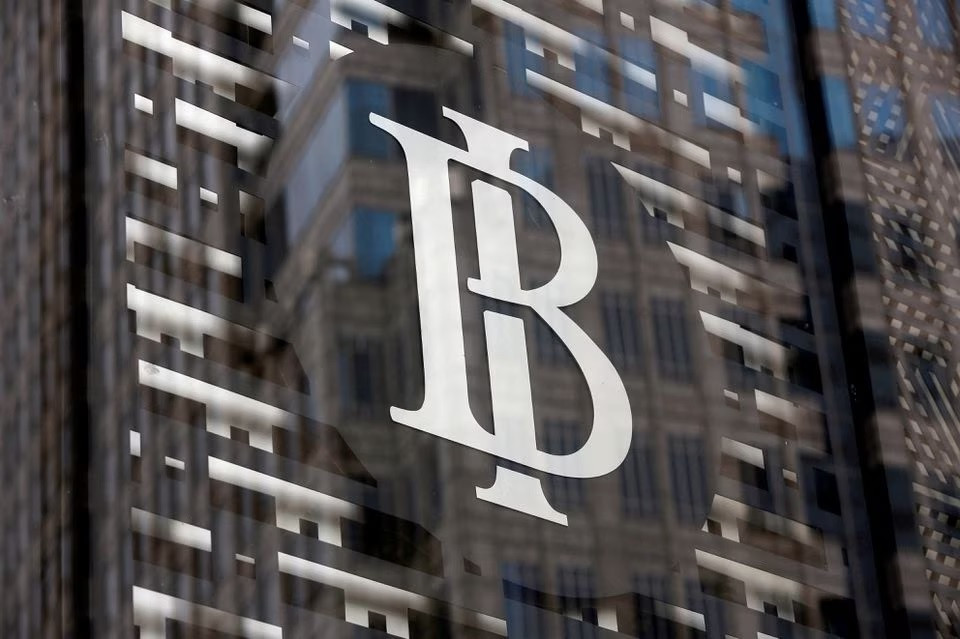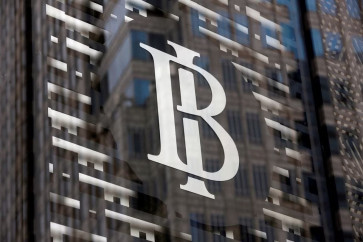Popular Reads
Top Results
Can't find what you're looking for?
View all search resultsPopular Reads
Top Results
Can't find what you're looking for?
View all search resultsAre BI securities a panacea for the rupiah?
Bank Indonesia issued its SRBI to deepen the money market and increase liquidity, but the problematic configuration of the monetary absorption instrument with existing instruments and various markets indicate that it will not perform as intended.
Change text size
Gift Premium Articles
to Anyone
E
ntering the second half of 2023, global uncertainty remains high. The benchmark interest rate of the United States Federal Reserve (Fed) is expected to be increased twice more until the end of the year. The Fed's policy has driven the dollar to strengthen against other currencies, including the Indonesian rupiah.
The risk of rupiah fluctuation seems to have prompted the Indonesian central bank to issue the Bank Indonesia Rupiah Securities (SRBI). As a monetary absorption instrument, the SRBI is aimed at deepening the money market as well as accelerating liquidity circulation.
Banking liquidity is still ample due to the quantitative easing policy implemented during the C0VID-19 pandemic. Lending is sluggish, however, and the data shows that while last year’s credit growth was still fairly high at 11.35 percent, this fell to 9.39 percent in May 2023.
Liquidity circulation so far has been limited among banks. Banks with excess liquidity prefer to lend to the PUAB (interbank money market). Performance has been declining in the Negotiable Certificate of Deposit (NCD) market, which opened in 2017.
As a result, the SRBI has opened space for foreign players. In the secondary market, SRBI instruments can be transferred and owned by non-banks or both Indonesians and foreign nationals. The inclusion of foreign players is believed to support the rupiah stabilization.
Even though the SRBI is said to be more pro-market, its issuance has not been free of some fundamental problems. The main buyers of SRBI in the primary market are banks.
On the one hand, banks’ intermediation function requires them to transform maturity from short-term deposits into long-term loans. On the other hand, the SRBI’s short-term tenure is based on the securitization of long-term tenure government bonds (SBNs). The opposite direction of maturity occurs here, and this means that banks holding SRBI face the risk of a maturity mismatch.



















